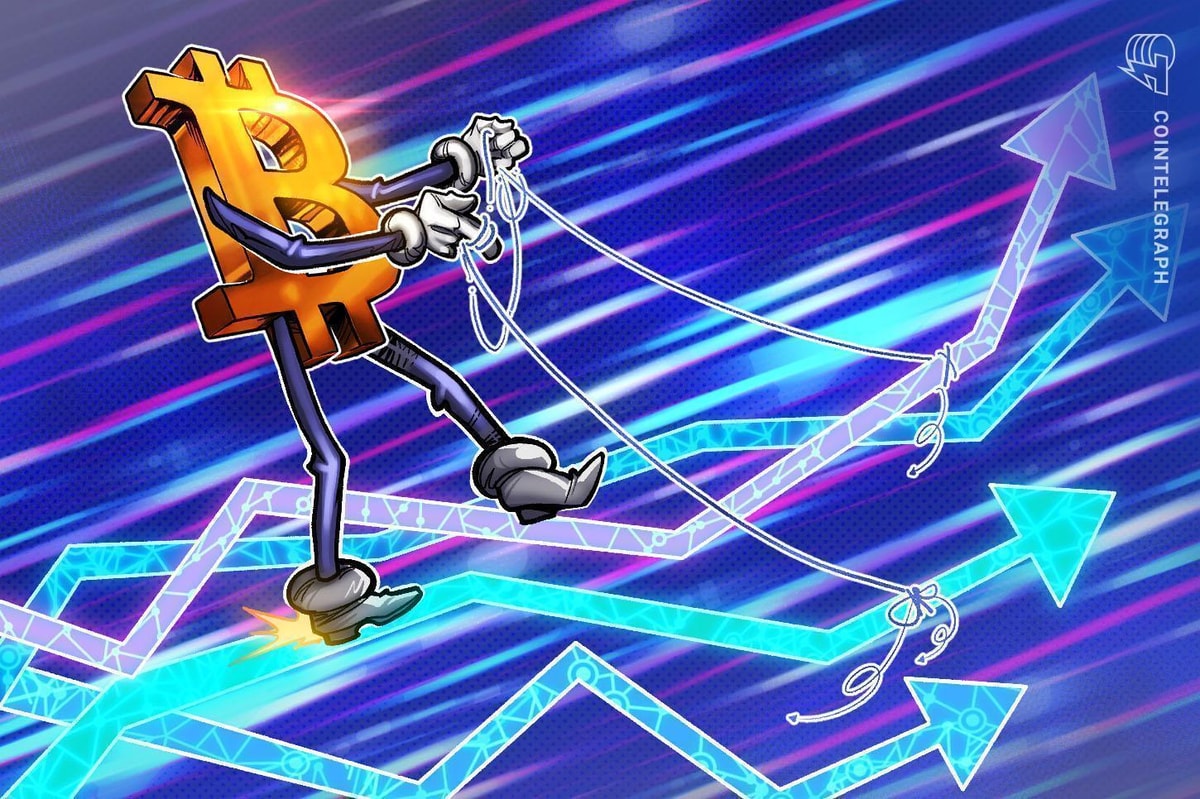Everything is bigger in Texas, except the THC industry, which may disappear entirely. Just six years after the state opened up hemp sales, the Texas House voted this week to outright ban the sale of products containing any amount of THC, according to the Texas Tribune—a prohibition that will upend a major industry within the state and implement stricter punishments for consumers.
The statehouse took up the proposed total ban on THC products Wednesday night and approved the measure by a vote of 86-53, falling largely along party lines. Per the Houston Chronicle, members of the Texas House had been exploring introducing new regulations on the hemp industry instead of going for the full ban, including a ban on vapes and synthetic compounds, as well as cracking down on packaging and products designed to appeal to children. But, at the urging of Lieutenant Governor Dan Patrick, the legislators embraced the full prohibition approach. The Senate has already passed a version of bill, so there are just a few procedural hurdles left to clear before a final version gets sent to Governor Greg Abbott to sign it into law or reject it.
Banning pot products has been one of the top legislative goals of Lt. Gov. Patrick, who claims the products have been fueling a public health crisis. He found plenty of allies in the statehouse, including House bill sponsor Tom Oliverson. The Republican representative told The Dallas Morning News that, under the bill, “If it gets you high, it is not legal anymore.”
The crackdown will come with some strict penalties for those caught with THC-laden consumables. The bill would carry a penalty of up to one year in jail for an adult who possesses hemp products with any amount of THC. The Texas Tribune noted that this is a stricter penalty than the one imposed for getting caught with 2 ounces of marijuana.
Hemp products were first legalized in Texas a part of a 2019 farm bill, and a massive industry has cropped up around THC since then. One report estimates that the hemp business generates about $8 billion in revenue per year in Texas and employs more than 50,000 workers. All of that could disappear overnight should the full prohibition go into effect.
While a flat ban on THC is a draconian step, especially given the option to regulate the industry was on the table, Texas isn’t the only state pumping the brakes on the hemp industry. Several others, including Colorado, have taken steps to regulate intoxicating hemp products over concerns as to how strong they are and how they affect users. Last year, the National Academies of Sciences, Engineering, and Medicine called for federal standards to be put in place for intoxicating products derived from hemp, driven by the growing market of THC concentrates and vape oils that have become available and offer significantly higher doses of THC than dried flower.








 English (US) ·
English (US) ·